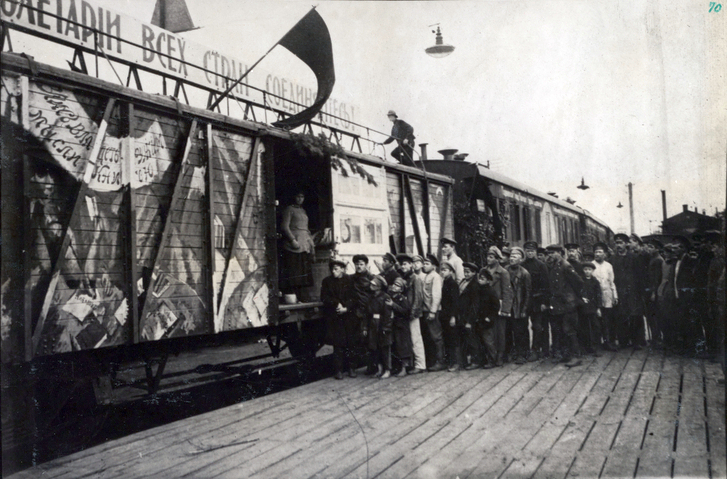
Donald Trump ran for president in part on a promise to “drain the swamp” that is Washington, DC. He positioned himself as a political outsider, beholden to no one and capable of bringing sweeping changes to a federal government set in its ways. But as Inauguration Day approaches, it’s becoming increasingly clear that the fundamentals aren’t going to change much.
While Trump’s cabinet picks do reflect the usual party line changing of the guard, they’re hardly “outsiders” by any conventional definition.
So far Trump has named three sitting members of Congress to head up executive branch departments: US Senator Jeff Sessions (R-AL) for Attorney General, US Representative Mick Mulvaney (R-SC) to run the Office of Management and Budget, and US Representative Tom Price (R-GA) for Secretary of Health and Human Services.
His Secretary of State designee, Rex Tillerson, is putatively a private sector type as CEO of ExxonMobil. In reality he’s the consummate political insider. He’s a frequent speaker at Council on Foreign Relations events and sits on the board of the Center for Strategic and International Studies; these are two of the most “establishment” organizations on the block. Over the years he’s donated around half a million dollars to Republican candidates and PACs.
Secretary of Labor nominee Andrew Puzder is national co-chair of the wholeheartedly establishment American Enterprise Institute.
Incoming Secretary of Transportation Elaine Chao is a former Deputy Secretary of Transportation, a former Secretary of Labor, and the spouse of Senate Majority Leader Mitch McConnell (R-KY).
Speaking of McConnell, even if Trump wanted to clean house he would have to deal with Congress. McConnell remains Senate Majority Leader; the Democrats have a new Senate Minority Leader (New York’s Charles Schumer), but only because Nevada’s Harry Reid retired. On January 3, Republicans in the US House of Representatives were nearly unanimous in re-electing Paul Ryan as Speaker, as were Democrats in retaining Minority Leader Nancy Pelosi.
So far, the incoming Trump administration looks a lot like George W. Bush’s fifth term (the third and fourth were served by the supposedly “transformative,” hope-y, change-y Barack Obama, who gave us eight years of business as usual), with a Congress to match.
That might actually be the best outcome we can hope for. But I suspect Trump’s most devoted supporters will be sorely disappointed.
If 2016 was The Year of Trump The Outsider, 2017 looks set to be The Year of Sorry, Trump Was Only Kidding.
Thomas L. Knapp (Twitter: @thomaslknapp) is director and senior news analyst at the William Lloyd Garrison Center for Libertarian Advocacy Journalism (thegarrisoncenter.org). He lives and works in north central Florida.
PUBLICATION HISTORY
- “New Boss(es), Same as The Old Boss(es),” by Thomas L. Knapp, Ventura County, California Citizens Journal, 01/04/17
- “New Boss(es), Same as The Old Boss(es),” by Thomas L. Knapp, OpEdNews, 01/04/17
- “New Boss(es), Same as The Old Boss(es),” by Thomas L. Knapp, CounterPunch, 01/05/17
- “New boss(es), same as The old boss(es),” by Thomas L. Knapp, Fayette, West Virginia Tribune, 01/05/17
- “New Boss(es), Same as The Old Boss(es),” by Thomas L. Knapp, South Florida Times, 01/05/17
- “New boss same as old boss,” by Thomas L. Knapp, Orangeburg, South Carolina Times & Democrat, 01/06/17
- “New Boss(es), Same as The Old Boss(es),” by Thomas L. Knapp, Key West: The Newspaper, 01/06/17
- “Knapp: New boss(es), same as the old boss(es),” by Thomas L. Knapp, Pahrump Valley, Nevada Times, 01/06/17
- “New boss(es), same as the old boss(es),” by Thomas L. Knapp, Newberry, South Carolina Observer, 01/13/17


